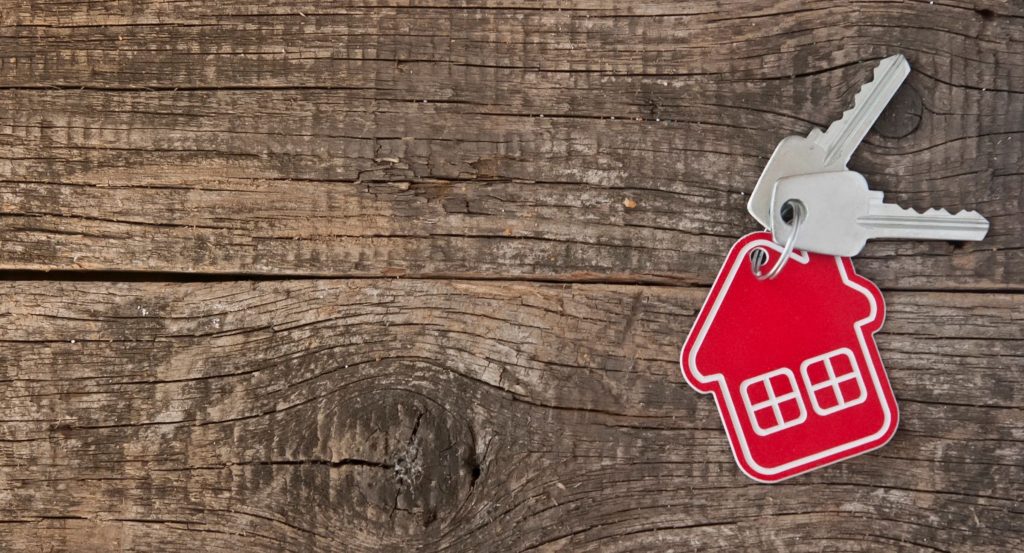
Homeowners who are facing foreclosure, can’t afford home repairs or need to sell their home quickly and “as is” can get easily tempted by the “We Buy Home for Cash” offers. While some accredited companies will come in and buy a home quickly for cash, there are more scammers out there taking advantage of homeowners in destitute situations. It’s important to keep an eye out for common scams so as not to fall victim to extortion.
Some Red Flags
Unsolicited Offers: Legitimate cash homebuyer companies will advertise their business and enable you to contact them directly rather than send a postcard, an email, or a call making an unsolicited offer on your home. You should expect to talk to a real person, meet them, and walk through the home together. When the conversations are only over the phone or digitally, it’s easier for the scammer’s identity to be hidden and take advantage of you.
Strange Company: The common thread of these scam homebuyer companies is that they don’t want to be tracked down. Their website is commonly cheap looking and often has typos, and grammatical errors and comes with a phone number that traces back to nothing / no physical address. Real companies are transparent about their process and in their communication. They will likely have a social media profile and other presence online. There will be a digital footprint.
Proof of Funds: These cash-buying companies should be able to provide proof that they have the funds before any signatures on the dotted lines. If they can’t verify the funds by providing you with said verification, it’s probably a scam. Successful cash buyers will show you all you need to know to ensure there is no risk of the deal falling through.
Money Wiring: A big sign that you are doing business with a scammer is if they want you to wire money to them. Be very skeptical if the company is unwilling to use a standard and secure payment method.
Personal Information: If the cash-buying company asks for personal information such as your social security number, bank account, or other financial information, it’s likely a scam.
Behavior: Reputable cash-buying companies are professional at all times. They won’t seem overeager or not respond to reasonable requests you might have. If the person you are speaking with seems to be rushing you, please know that they can’t possibly have had enough time to collect the proper amount of information to even make a legitimate cash offer. Especially if they have not even inspected the property to see the condition. If they are slow to give you any documentation such as proof of funds it’s a good bet they are trying to scam you.
The Bottom Line: There are established, reliable, trusted companies with a good history. Unfortunately, some criminals will take advantage of home sellers by using the cash offer scheme. The best way to prevent becoming a victim is to know the signs of a scammer, know the correct way the process should work, and do your due diligence. If it seems too good to be true, it probably is.

 See Our National Coverage Map
See Our National Coverage Map





